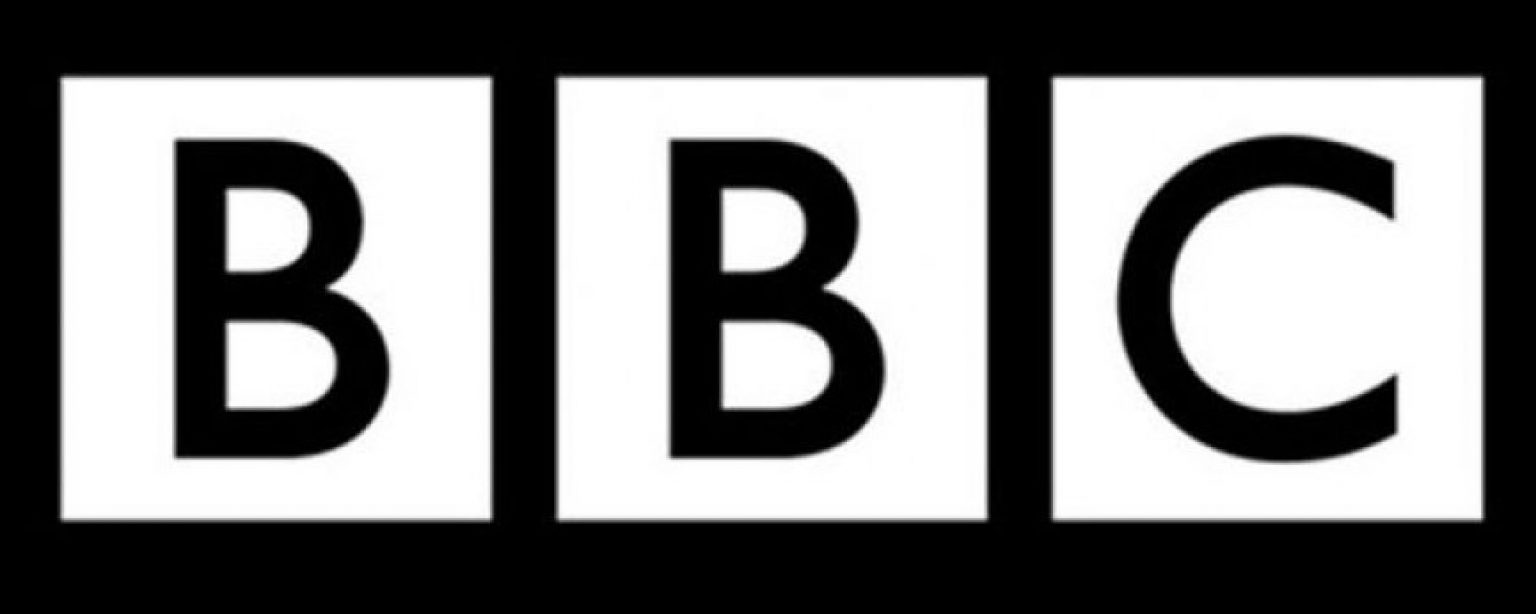

It helps with strategies in those countries to have local titles and local talent, and those titles can often do well outside of where they originate.” Omdia’s Evenson says: “These regulations are forcing US players to contribute to the local economy, but ultimately those companies aren’t against the idea of doing that.

Netflix, for example, has pledged to invest over US$1 billion on locally-produced content in the UK in 2021 alone, and is a vital source of income for content producers all around Europe. Ultimately however, these regulators do not want to force the likes of Netflix out of their markets, far from it. There are also other rules around Europe which set a percentage of content which must be sourced from local European productions.
BBC IPLAYER POLSKA TV
The change would mean that VOD operators and video-sharing platforms would contribute to the financing of the pubcaster alongside free and pay TV broadcasters, whether such platforms are based in Spain or elsewhere in the EU but offer services available in Spain. Similarly in Spain, the CNMC has recently published plans to revise the country’s audiovisual media laws to help bring funding to pubcaster RTVE. At the same time, the regulator has set out measures to ensure the prominence of public service broadcasters in the country such as obliging smart TV manufacturers to have services like BBC iPlayer and ITV Hub pre-installed on their devices. While by no means as dramatic a move, the UK’s broadcast regulator Ofcom is moving to bring streaming platforms like Netflix and Disney+ under its watch. The Polish prime minister Mateusz Morawiecki has said that the law does not target TVN in particular and told reporters: “We do not have any intentions regarding a specific TV channel, it is just about tightening the regulations, so that there is no situation in which companies from outside the European Union would buy media in Poland.”Įven though the government clearly has ulterior motives – the Polish government recently took over regional newspaper group Polska Press via state-owned energy company PKN Orlen and is looking to emulate this with TVN – it is worth considering the question of whether placing restrictions on non-EU companies would actually serve the interests of local broadcasters and producers. “The threat that is looming is that Discovery may well have to leave Poland and sell that side of the business,” he says. Leaving the politics aside – and there are serious ramifications to freedom of speech and international relations – the law’s introduction has implications on the business of TV in the country, asserts Omdia research analyst Matthew Evenson.

Critics of the new law have argued that it specifically targets TVN and its new channel TVN24, and that the rules open a path for the far-right government to take over the country’s leading news network. The latter of those however is facing an existential crisis in Poland, where the government this week passed a controversial new media law that prevents companies from outside the European Economic Area from holding a controlling stake in local media companies.ĭiscovery acquired a majority stake in TVN – Poland’s second largest commercial broadcast group – in 2015. Other US players in the space such as Disney and Amazon will continue to grow their streaming business, while the likes of ViacomCBS and Discovery will look to expand on both OTT and linear fronts. The California-based streaming company is the largest in the world and – save for a handful of markets where local players with bolstered rights portfolios are in the lead – is the largest in Europe.Īccording to Digital TV Research, Netflix is expected to hit 86 million subscribers in Europe by 2026, up from just under 60 million by the end of 2020. European governments and broadcasters in recent years have been somewhat helpless to curb the ‘invasion’ of US media giants.


 0 kommentar(er)
0 kommentar(er)
